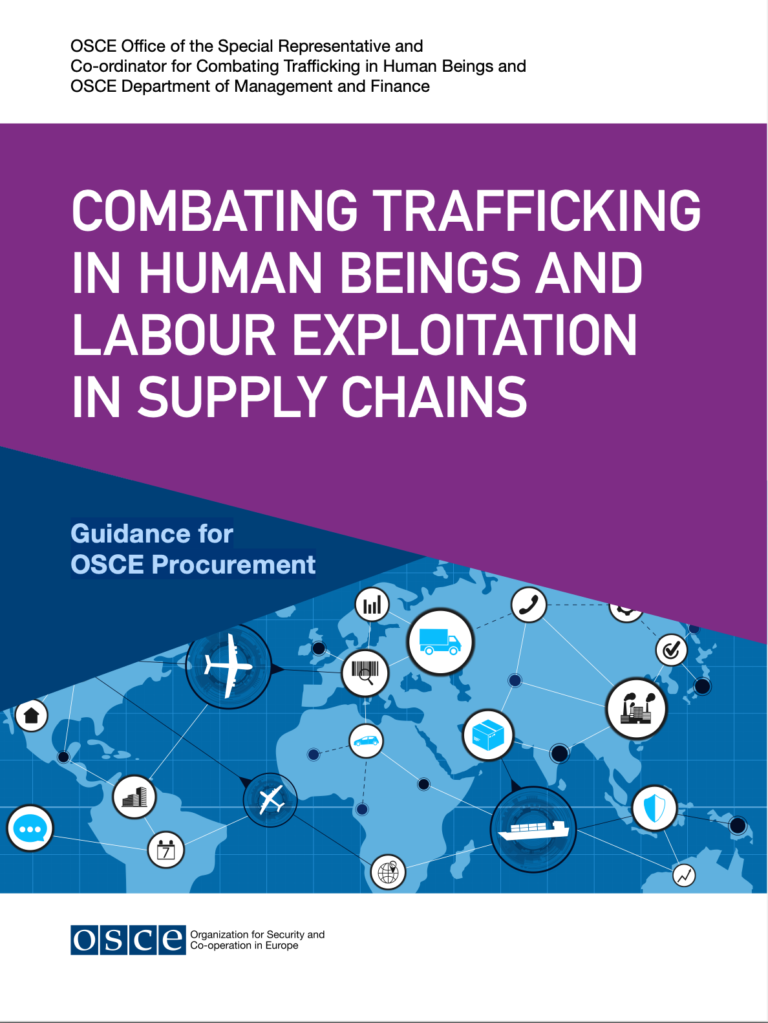When moving towards mitigating or ultimately preventing trafficking in human beings and labour exploitation (THB/LE) in supply chains, a wider perspective is needed, one that includes human rights and decent working conditions. THB/LE is the extreme end of the spectrum of labour exploitation. In practice it is often difficult to differentiate clearly whether a severe case has passed the legal threshold, or despite being below that threshold can nevertheless be seen as exploitation. Ex- ploitation might include infringing a worker’s legal or contractual rights, or working conditions that are poor or unacceptable, such as unpaid overtime, recruitment fees, or hazardous work conditions without adequate personal protective equipment. If poor treatment of workers and poor working conditions remain unchallenged, they become normalized and create an environment that enables more severe exploitation.

